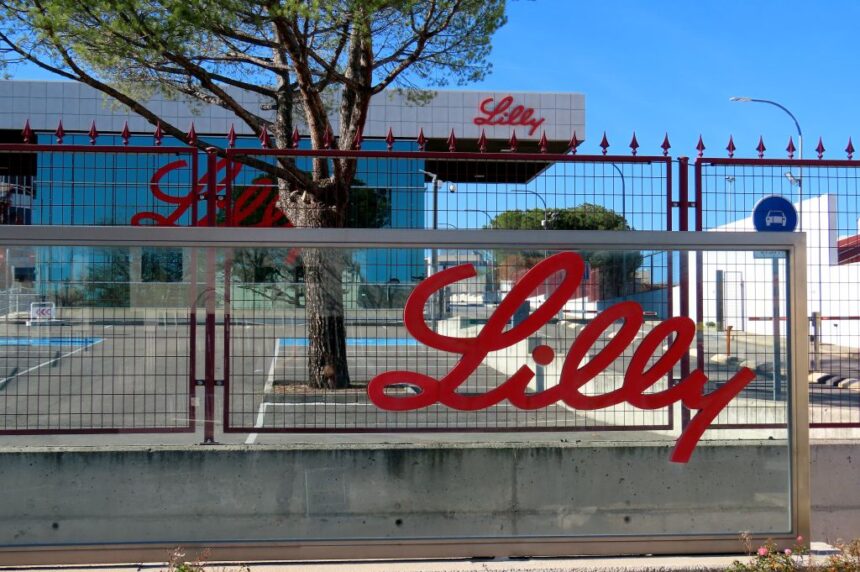The Food and Drug Administration rejected Eli Lilly’s application for its eczema drug lebrikizumab, citing problems with a third-party manufacturing contractor that makes the monoclonal drug substance, the company said Monday.
The FDA issued a complete response letter for lebrikizumab, but did note there were no concerns with the clinical data, safety or label.
This is Eli Lilly’s third rejection this year, after the FDA knocked down its applications for mirkizumab — an ulcerative colitis drug — and rejected the accelerated approval application for its Alzheimer’s drug donanemab.
Still, the pharma giant plans to push forward with lebrikizumab and said it will work on rectifying the problems the FDA cited.
“We are confident in lebrikizumab’s potential to help people living with eczema and in the clinical data that supports our submission package for the medicine,” said Patrik Jonsson, EVP at Eli Lilly and president of Lilly Immunology and Lilla USA, in a statement. “We will continue to work closely with the third-party manufacturer and the FDA to address the feedback in order to make lebrikizumab available to patients.”
Lilly continues to push ahead with its drug development plan despite a handful of setbacks on the regulatory end this year.
In January, the FDA issued a complete response letter for Eli Lilly’s submission of donanemab for accelerated approval, noting there wasn’t enough data on patients with at least 12 months of drug exposure. The agency requested that the pharma provide more data with at least 100 patients who have taken the drug for a year or more.
The pharma unveiled some promising results from the Phase 3 TRAILBLAZER-ALZ 2 study this summer, which showed that the drug significantly slowed cognitive and functional decline among people with early dementia. The company said it expects an FDA decision by the end of the year.
Lilly had been banking on the launch of several drugs in 2023 to drive growth, including donanemab, mirikizumab and lebrikizumab, as well as mantle cell lymphoma treatment pirtobrutinib. However, there are now slowdowns on the regulatory front for three of those drugs.
Still, the pharma has been buoyed by the success of its diabetes drug Mounjaro, which boosted its revenues 28% year-over-year, according to its latest earnings report. It’s also in the process of testing a new investigational weight loss drug, retatrutide, that has shown efficacy in reducing weight by 24% in Phase 2 data.
Lilly has also been on an acquisition spree to expand its presence in the diabetes and obesity industry. In June, it snapped up diabetes company Sigilon Therapeutics for $34 million and bought obesity drugmaker Versanis for nearly $2 billion.








